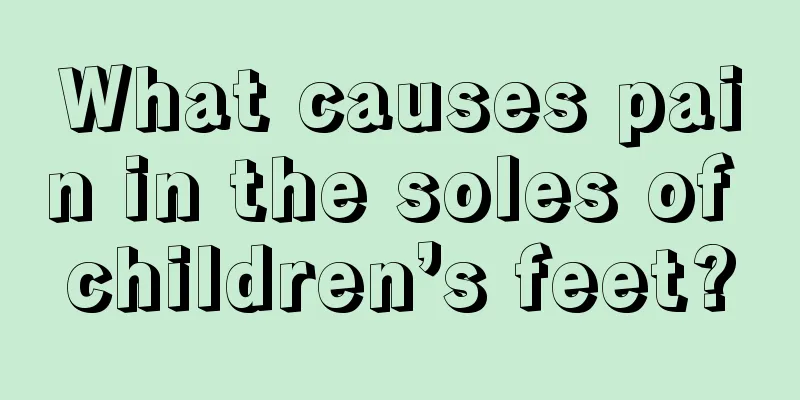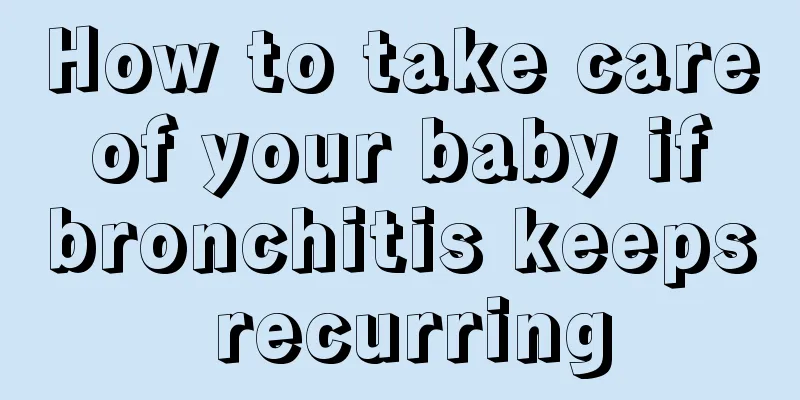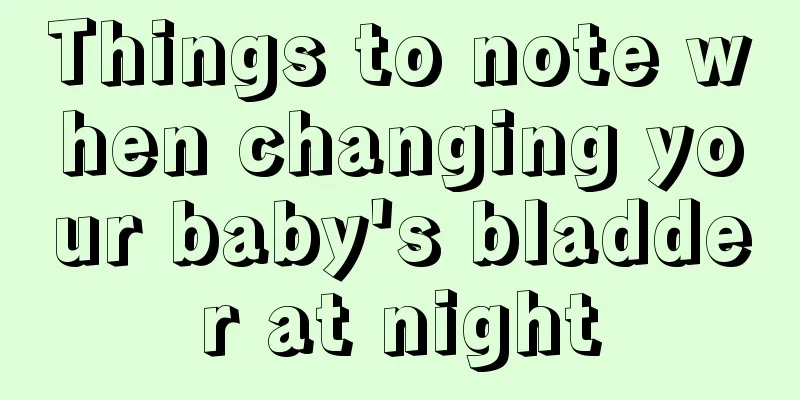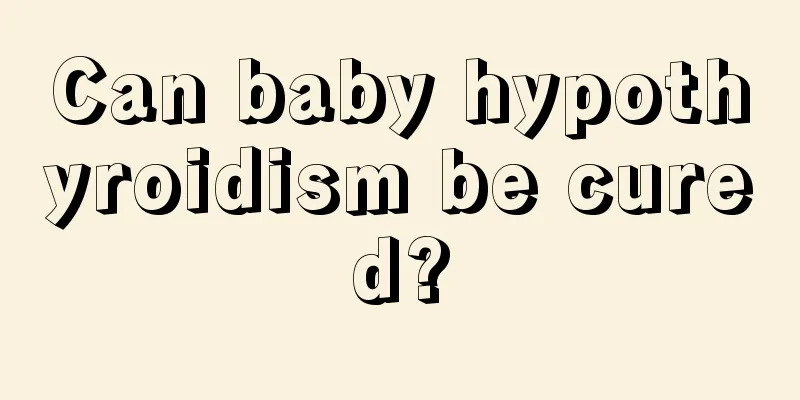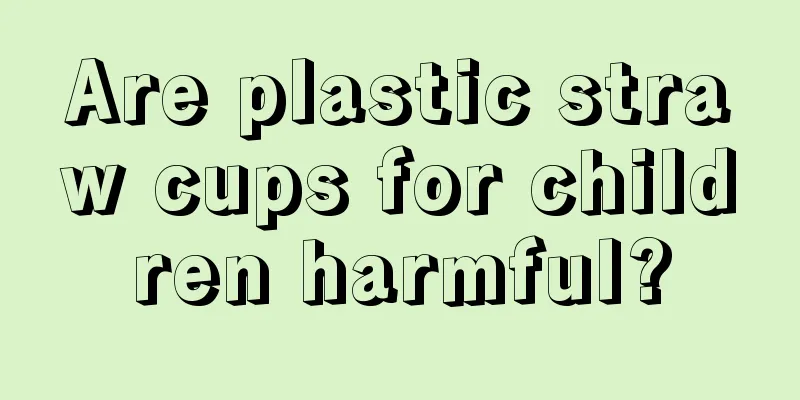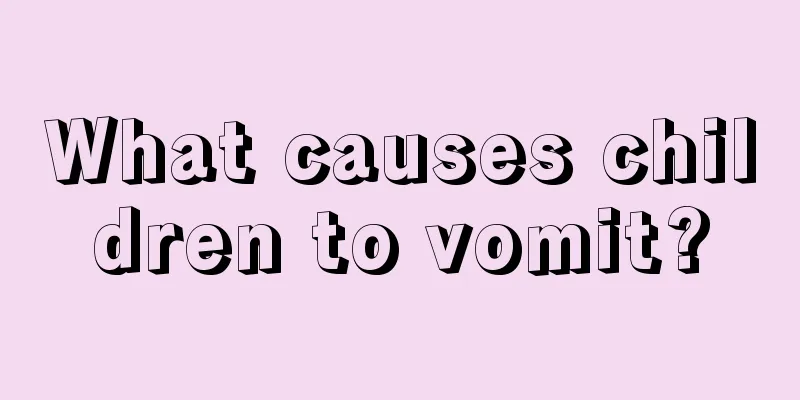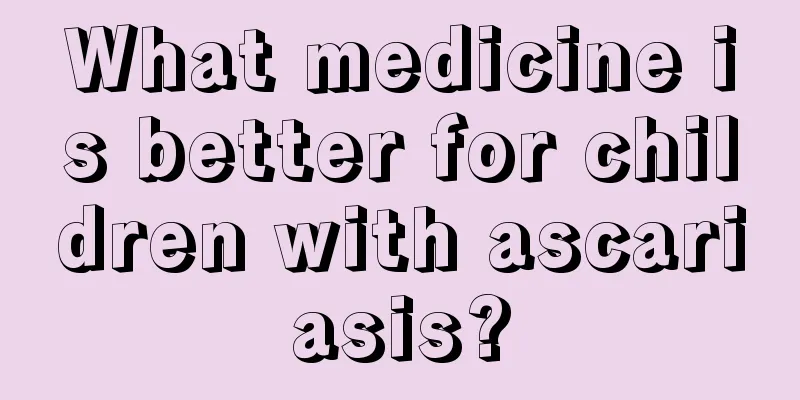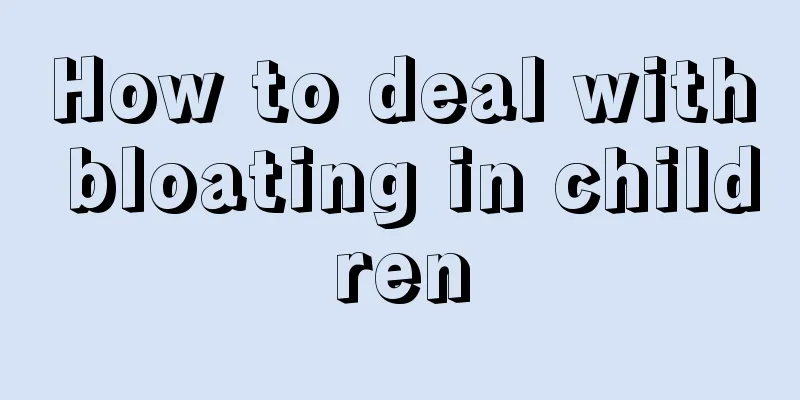What should I do if my child's tonsils are enlarged to the third degree?
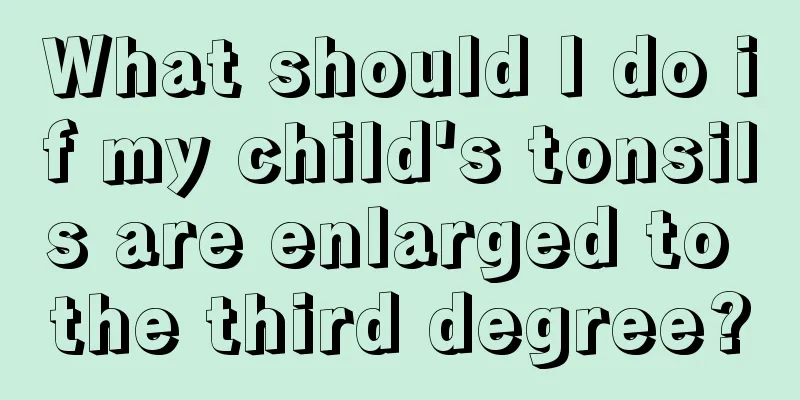
|
Because children have relatively low resistance, they are very susceptible to viral infection, which can cause the disease of tertiary tonsil hypertrophy in children. When children suffer from this disease, the impact on them is relatively large. Difficulty in swallowing and sore throat may occur, which will affect children's eating and further affect their physical development. Therefore, it is necessary to take timely measures to deal with it. So here is what to do if children's tonsils are enlarged to the third degree? Tonsillitis is usually treated with a combination of etiological treatment and symptomatic treatment, and the treatment time is usually 7 to 10 days. The doctor will first check whether the cause of the child's tonsillitis is caused by viruses or bacteria. If it is caused by viruses, the doctor will use antiviral drugs for treatment; if it is a bacterial infection (the most common is streptococcal infection), penicillin, cephalosporin, erythromycin and other antibacterial drugs are usually used for treatment. In the past, some parents liked to take medicine at home, thinking that as long as antibiotics were used, they would have an immediate effect, but they did not know that this might be counterproductive. Without a prescription, antibiotics cannot be purchased at the pharmacy, but parents must be careful to keep and use the "stock" at home. Symptomatic treatment is mainly aimed at the uncomfortable symptoms of tonsillitis, including fever reduction, sore throat relief, etc. It is generally recommended that parents let their children drink more water and gargle with salt water during illness. There is no special method to prevent tonsillitis. The key is to let children exercise, strengthen their physical fitness, pay attention to the temperature of clothes, avoid cold, and make them less likely to catch a cold. When children's tonsils are mildly inflamed, some lozenges can be used. Faced with children's repeated tonsillitis, many parents will ask whether they should remove the tonsils once and for all? In fact, everyone's situation is different. Parents should not remove the tonsils for their children without principles, nor should they be conservative. While listening to the doctor's advice, they should also distinguish between its indications and contraindications. Several common situations of "picking": Chronic tonsillitis often recurs, with inflammation occurring more than 4 to 5 times a year. Each time the inflammation occurs, the systemic symptoms are severe, including high fever, sore throat, swollen and congested tonsils, pus spots on the surface, and swollen submandibular lymph nodes. The excessive enlargement of tonsils has affected breathing and sleep. Even if the excessively enlarged tonsils are not inflamed, they have blocked the pharynx, causing the child to eat very slowly, breathe heavily when quiet, and gasp for breath when moving a little. After falling asleep at night, he snores, breathes with his mouth open, feels suffocated, and sometimes even has respiratory arrest. Unexplained long-term low-grade fever, chronic inflammation of the tonsils themselves, can be removed when other medical diseases are excluded. |
<<: Does it hurt to extract baby teeth?
>>: Causes of bad temper in toddlers
Recommend
What is the treatment for umbilical hernia in children?
Some children are found to have umbilical hernia ...
What are the benefits of children learning to swim?
In daily life, many children like to play with wa...
What medicine should be sprayed for children's oral ulcers?
Children in their early childhood are very prone ...
When is the best time to have hernia surgery for a child?
Current medical evidence shows that children with...
Why do children always disobey?
Children's disobedience is a headache for par...
What to do if your child doesn't go to school
Nowadays, many parents neglect to take care of th...
What to do if your baby always tilts his head when sleeping
Any details on the baby will attract the attentio...
Tips for hydrating your baby
If parents want to reduce the chance of their bab...
What to do if your baby has loose yellow stools
For children, their gastrointestinal protection a...
What to do if the newborn's eyes fall out
When the belly button of a newborn falls off, par...
What to do if a newborn baby has red spots on his face
What is the reason for red spots on the face of a...
How tall should a baby be at 18 months old?
If some parents' height is not ideal, they wi...
Symptoms of sepsis in infants
Every change in the baby after birth is watched b...
How to quickly deal with children's vomiting and stomach pain
Mother's love is like the sea, and father'...
What should I do if my child has rough skin?
Parents should not ignore the fact that children ...
